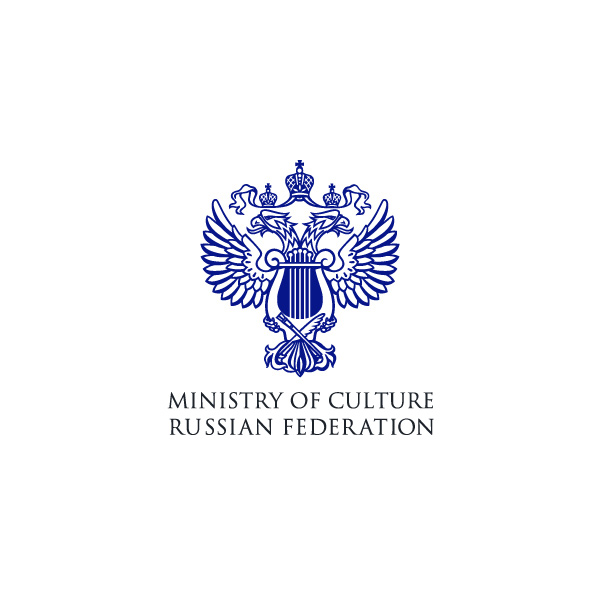Date: 03.05.2014
April, 2nd was the 125th anniversary of Alexander Vertinsky – famous Russian artist, actor, composer, poet and singer, the idol of the Russian and Soviet scene. His work strongly influenced the development of the singing culture in Russia, author’s songs and the songs composed and performed by bards – amateur singers and composers, as well as Russian rock-poetry. This fact was first mentioned by Lev Annensky in his book “Bards” where the chapter “Precursor” was dedicated to Vertinsky. Alexander Vertinsky used to call himself “the artist” – the word that would lead us to the secret of his world that was reconstructed in his memoirs “Dorogoi Dlinnoyu”.
After leaving Russia in 1920 Alexander Vertinsky made one of the most remarkable contributions into the artistic encyclopedia of the spiritual life of the Russian emigration. He returned home in the years of the Great Patriotic War and travelled around the country giving 100–150 concerts a year. He had no medals but constant admiration and success among the grateful public. However his first album “Za kulisami/Behind the curtains” came out only in 1991. The album not only included the songs by the artist, but also his prose, interviews and memoirs of his contemporaries.
We also present the correspondence of Vertinsky with his wife Lidia whom he used to call “the white bird of Salvation”. His numerous letters to her written during his “concert exiles” were full of love, tenderness and worries about his daughters – Marianna and Anastasia, who took over the artistic dynasty. The book “Siniaya Ptitsa Lyubvi/Blue Bird of Love” is waiting for its readers.

April, 17th was the 120th anniversary of Boris Shchukin – theater artist and cinema actor, pedagogue, People’s Artist of the USSR. His name was given to the Theater Institute of the Vakhtangov Theater, the Institute that celebrates its 100th anniversary in 2014. Boris Shchukin was one of the most favorite actors of Evgeny Vakhtangov and performed in 1922 his first remarkable role – the character of kind-hearted and simple-minded Tartaglia in Carlo Gozzi’s fairy-tale “Turandot Princess” – in the last brilliant play staged by Vakhtangov. The vast material describing the creation of that play is compiled in the book called “Na Puti k Turandot/On the Way to Turandot”. In 1932 Shchukin played one of his most important roles – the role of Egor Bulychev in Maxim Gorky’s play staged by B. Zakhava, whose book of memoirs reminds us of that theater work. The image created by Boris Shchukin became a true masterpiece of the Russian stagecraft. Gorky himself was astonished and admitted: “I never thought I invented such a character”. It was Gorky who proposed that Shchukin played the character of Lenin in the play “Chelovek s Ruzhiem/A Man with a Riffle” by N. Pogodin (staged by R.N. Simonov). That was the first personification of Lenin on stage, and later – in cinema in the films by Mikhail Romm “Lenin in October” and “Lenin in 1918”. The book “Ustniye Rasskazy/Stories Told” by Mikhail Romm leaves a feeling of breathtaking adventures of his films with many pages dedicated to Boris Shchukin who was known as a philosopher in the world of arts, but cheerful and not a gloomy one, with a great sense of humor, easiness and charm. Shchukin’s work became the symbol of that period in cinema and theater.

April, 23rd was the 450th anniversary of William Shakespeare. There is no such culture in the world that can do without the Shakespeare’s masterpieces, his tragedies and comedies like “Romeo and Juliet”, “Hamlet”, “King Lear”, “The Tragedy of Othello, The Moor of Venice”, “Much Ado About Nothing”, “Twelfth Night, or What You Will”. Yet people are still able to love and hate, rejoice and suffer, the genius of Shakespeare will still be actual. The exposition is dedicated to the subject “Shakespeare on stage and in cinema”. The genius playwright long ago became an integral part of the Russian stage repertoire – “a Russian playwright, so to say” according to A. Bartoshevich, theater critic and the researcher of Sheakespeare’s work. In his “Theatre Chronicles” he shares his ideas of the most relevant Russian and foreign stage productions, ways of the scenic interpretation of Shakespeare in the 20th and 21st centuries. Stage directions, comments, rehearsals recordings by the outstanding stage directors like Stanislavsky, Kozintsev, Tovstonogov, Efros, Yutkevich reflected the cooperation between great masters and great actors in great Sheakespeare’s plays who proclaimed: “All the world’s a stage”.




